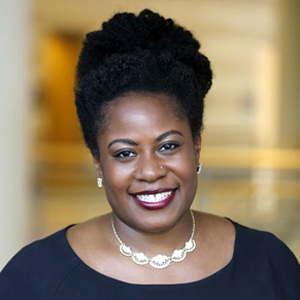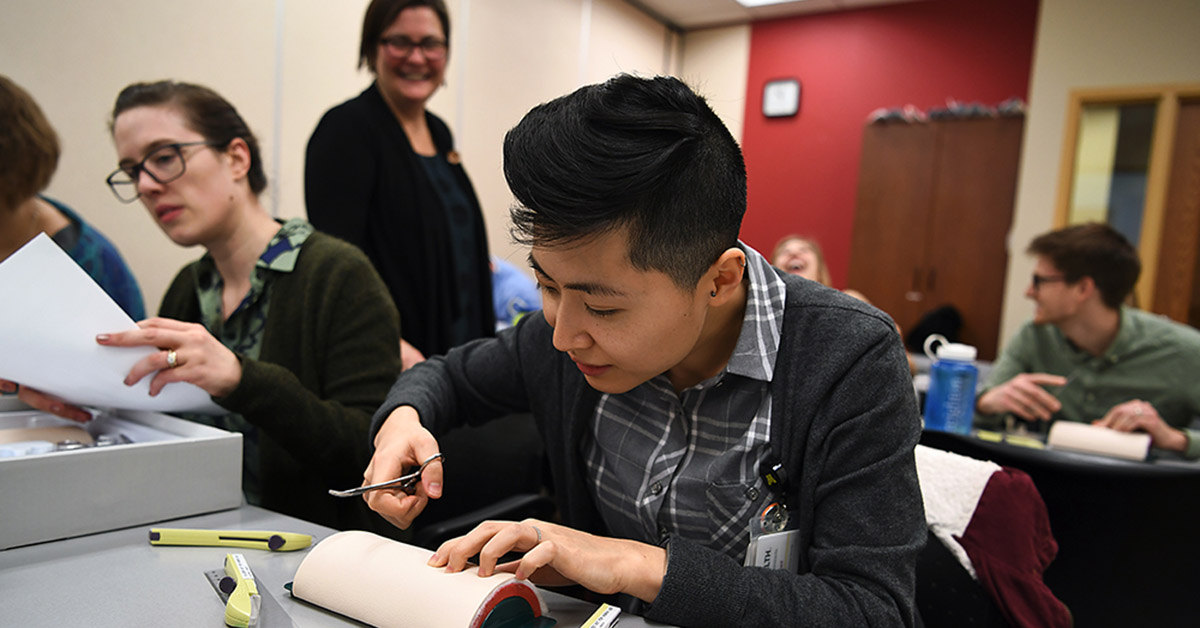Experiencing instances of bias, such as racism, is known to influence the satisfaction and mental health of health care professional trainees and faculty in medical schools. To learn more, School of Public Health researchers investigated reports anonymously submitted by medical students detailing the characteristics of bias and its results in academic medical settings. Their findings were recently published in The Journal of the National Medical Association.

The researchers gathered data from SystemicDisease.com, which is a website created by medical students to report instances of bias as well as provide them with resources for responding to it.
The study found:
- four major themes that characterized the bias-related incidents: racism, sexism, health care bias (i.e., bias in the context of providing care to patients) and minority experience (e.g., feelings of isolation and otherness related to being a minority);
- the most commonly reported biases occurred on the basis of race and/or gender;
- multiple submitters indicated the bias incident(s) had influenced or threatened their intended career trajectory;
- many minority students said they carry a burden of having extra responsibilities placed on them in the name of diversity. For example, some students are asked to be on committees partly because of their race or ethnicity.
“Our findings call for increased attention to the impact of bias-related incidents in academic medical settings,” says senior author Rachel Hardeman, an assistant professor in the School of Public Health. “Assessment of institutional climate should be an ongoing and iterative processes that acknowledges and challenges harmful attitudes and behaviors.”
Hardeman further recommends:
- medical schools implement comprehensive bias-reporting and intervention policies that resolve intercultural conflicts in a way that respects the diversity within academic medicine;
- discipline policies should be restorative rather than punitive in order to build social awareness and reduce the likelihood of future bias-related incidents;
- anti-oppressive education, implicit bias and bias-intervention training may assist in enhancing this social awareness and limiting the impact of discriminatory incidents.

